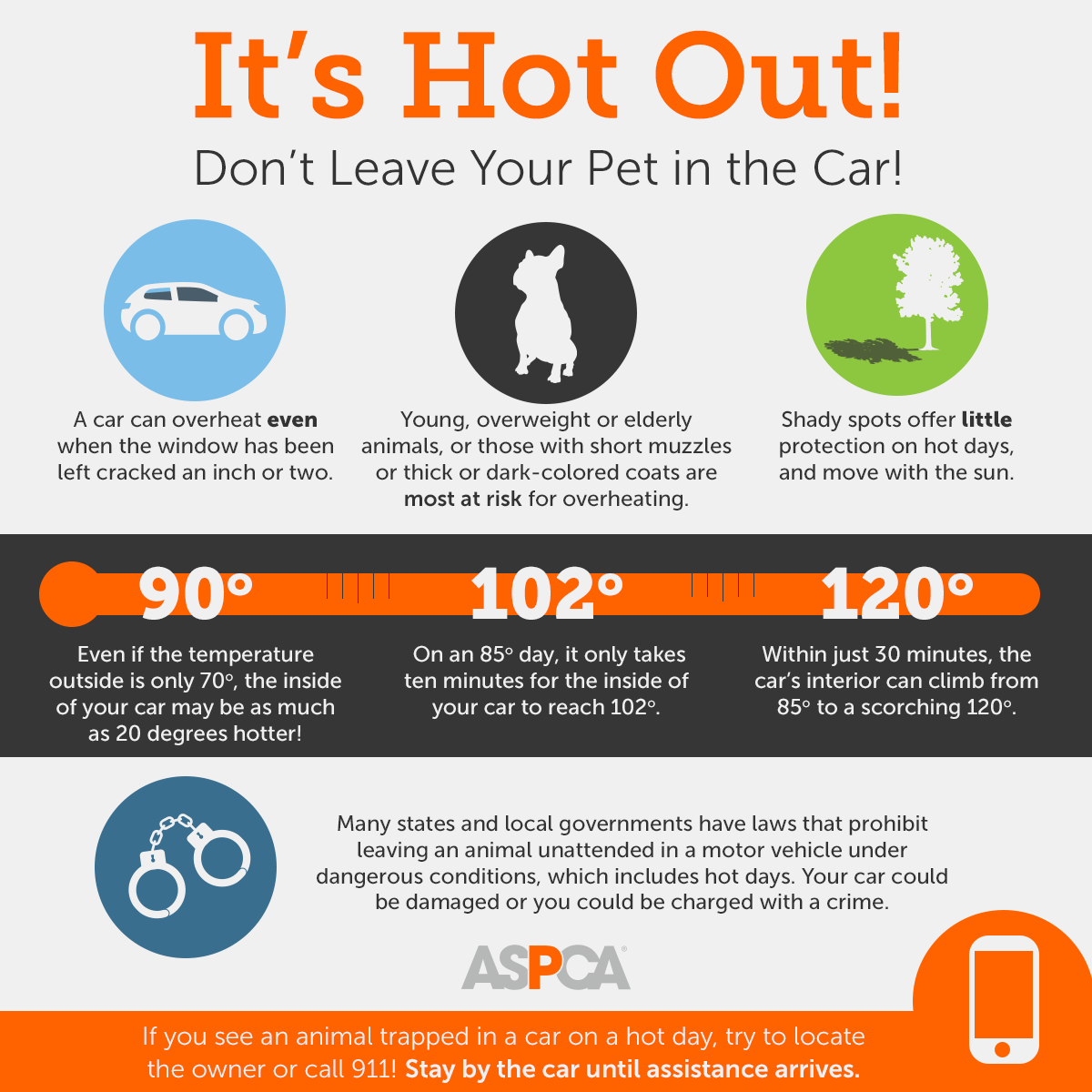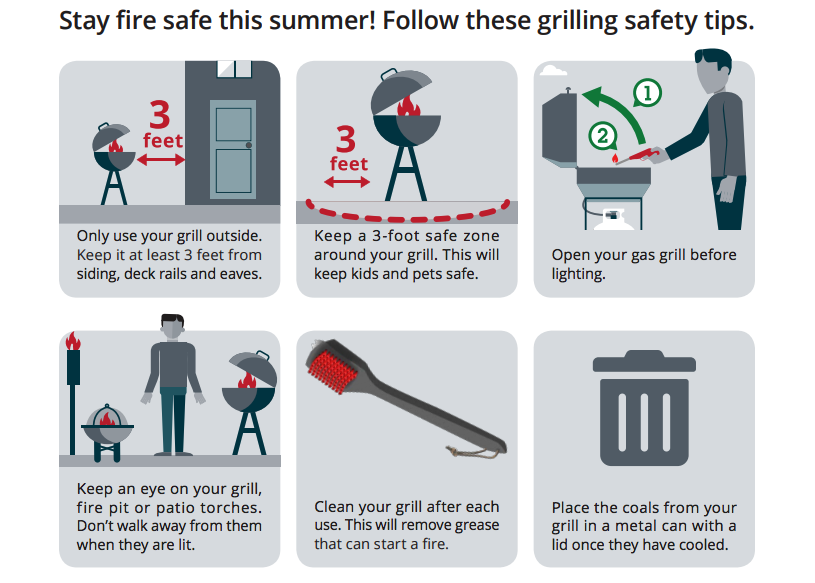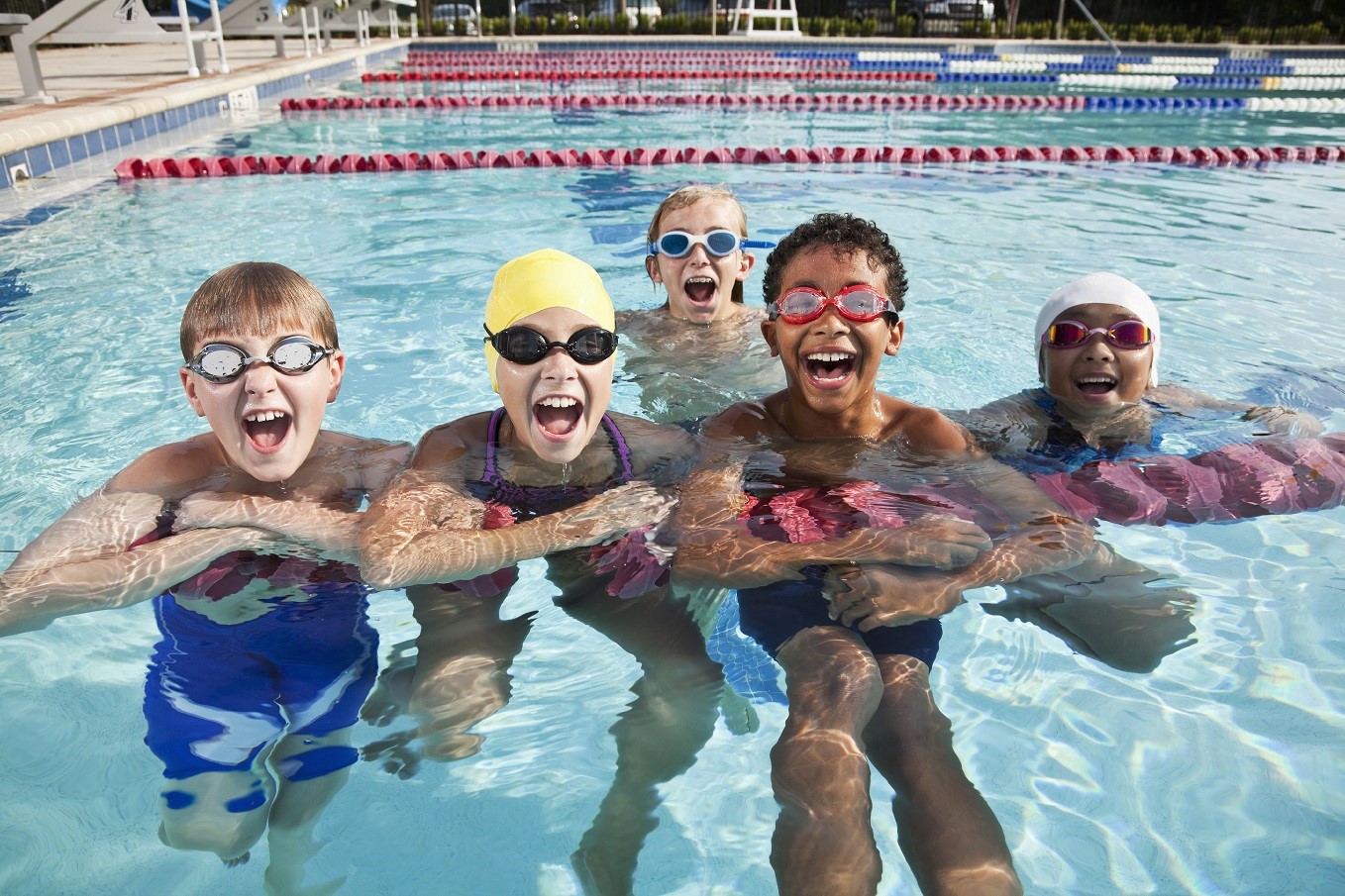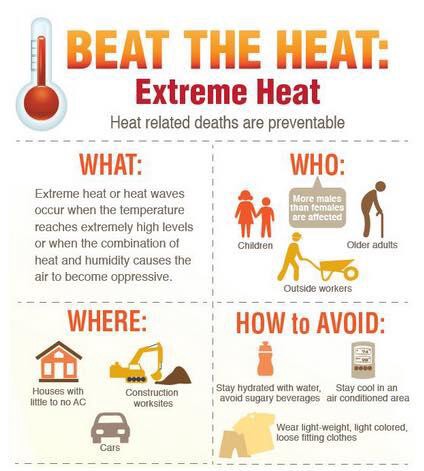Summer has unofficially begun! Neighbors across the country are already planning vacations, swimming play dates, July 4th celebrations, and finding many other ways to celebrate. Now is the time to help your residents enjoy all these summer activities by sharing the tips below.
We will continue to update this document with new suggested posts throughout the summer so check back for updates!
Simply copy and paste the messages below, and share with your residents on Nextdoor. If you’re not already a Nextdoor partner, get started here: http://nextdoor.com/agency.
Table of contents:
- Discussion post: Read these tips to prepare for your summer vacation
- Discussion post: 8 tips to keep your pets safe this summer
- Poll: Did you know that drowning is the leading cause of unintentional death in children 1–4 years old?
- Poll: Did you know that patios, terraces, porches, balconies, and courtyards are the leading locations of home grill fires?
- Discussion post: Ask these five water safety questions before any playdate
- Discussion post: 10 tips to help you beat the heat this summer
Discussion post: Summer vacation crime prevention tips
(Inspired by Sergeant David Hicks from Montgomery Police Department)
Subject: Read these tips to prepare for your summer vacation

Summer vacation will be here before we know it, and the last thing you need after a relaxing vacation is to return home and find that you have been a victim of a criminal act, especially a burglary. Here are a few tips that may keep you from being a victim.
-Remember to place your mail, packages, and newspaper on hold. Criminals notice when the mail piles up or newspapers are scattered on the lawn. Criminals know this is a good indication that you are out of town.
-Place your lights, televisions, and radios on timers. This provides the image that someone is home. Be sure to close all blinds to ensure a potential criminal does not have the ability to peer inside your residence and monitor activity.
-Be sure to lock all doors, windows, garage doors, storage sheds, vehicles, and gates prior to leaving your residence.
-Remember to set your security alarm system if you have one. Test your system prior to leaving, to ensure it is functioning correctly. Ensure your personal contact information is also up-to-date; to ensure your alarm monitoring company has the ability to reach you.
-Have a close trustworthy friend or relative check on your residence while you are away.
-As excited as you may be to update your friends about your vacation on social media, you may strongly wish to reconsider. Remember, anyone that is able to access your social media profile, will gain insight that you are away on vacation. Potential criminals pay attention to these details and could attempt to break into your home while you are away.
If you have any tips we missed, let us know by replying to this post. Enjoy your vacation!
Discussion post: 8 tips to keep your pets safe this summer
Subject: 8 tips to keep your pets safe this summer

Neighbors,
Many of you are likely enjoying these long summer days outside with your pets. Although this can be a fun time of the year for your furry friends, it’s also important to remember that higher temperatures mean higher risks for pets. To keep your pets safe, follow these precautions from experts at the ASPCA:
- Pets can get dehydrated quickly, so give them plenty of fresh, clean water when it’s hot or humid outdoors.
- Know the symptoms of overheating in pets, which include excessive panting or difficulty breathing, increased heart and respiratory rate, drooling, mild weakness, stupor or even collapse.
- Never leave your animals alone in a parked vehicle.
- Do not leave pets unsupervised around a pool — not all dogs are good swimmers. Introduce your pets to water gradually and make sure they wear flotation devices when on boats.
- Open unscreened windows pose a real danger to pets, who often fall out of them. Keep all unscreened windows or doors in your home closed, and make sure adjustable screens are tightly secured.
- Feel free to trim longer hair on your dog, but never shave your dog. The layers of dogs’ coats protect them from overheating and sunburn. Brushing cats more often than usual can prevent problems caused by excessive heat.
- When the temperature is very high, don’t let your dog linger on hot asphalt. Being so close to the ground, your pet’s body can heat up quickly, and sensitive paw pads can burn. Keep walks during these times to a minimum.
- Remember that food and drink commonly found at barbecues can be poisonous to pets.
If we missed any tips, let us know by replying to this post. Hope your pets are having a furry good summer!
Poll: Did you know that drowning is the leading cause of unintentional death in children 1–4 years old?
For “Ask a question”: Did you know that drowning is the leading cause of unintentional death in children ages 1–4?
For “Add a poll description”: Choose choose yes or no below and feel free to share tips with your neighbors in the comments.
For “Add a choice” fields:
- Yes, I did
- No, I did not, thanks for the information
Poll: Did you know that patios, terraces, porches, balconies, and courtyards are the leading locations of home grill fires?
Photo:

For “Ask a question”: Did you know that patios, terraces, porches, balconies, and courtyards are the leading locations for home grill fires?
For “Add a poll description”:
Neighbors,
According to the US Fire Administration, over half of home grill fires start on patios, terraces, screened-in and unenclosed porches, balconies, and courtyards. These home grill fires cause an estimated $37 million in property loss each year.
Also, according to the US Fire Protection Agencies, July (17%) was the peak month for grill fires, followed by June (14%), May (13%) and August (12%) and in roughly one-quarter of grill fires, the grill had not been cleaned.
The most important things you can do to prevent grill fires are to:
- Never grill on on the second floor or higher and never grill on an enclosed porch or patio.
- Only use grills outdoors, away from siding and deck railings
- Clean grills often and remove grease or fat build-up
- Make sure your gas grill lid is open before lighting
- Have a 3-foot safe-zone around grills and keep kids and pets away from the area
- Dispose of coals after they have cooled in a metal can
- Never leave grills, fire pits and patio torches unattended
For “Add a choice”:
- Yes, I knew this information
- No, I did not, thank you!
Discussion post: Ask these five water safety questions before any playdate
Subject: Ask these Five Water Safety Questions Before Any Playdate

To keep kids safer in and around the water, start the discussion by asking these five questions before sending your child on a playdate to a neighbor’s or friend’s home:
1) Does your home or a neighbor’s home have a pool or spa?
All parents should first ask if there is a pool or spa at the home or in the neighborhood that is within walking distance, which children could easily access. If the answer is yes, this will help to set up an important conversation about water safety with the supervising adults.
2) Do the children plan to be in or around the water?
If the weather is hot, it is safe to bet that kids may want to visit a nearby pool during a playdate. Always ask the supervising adults if visiting a pool or spa is part of the day’s plan. If your kids indicate that they will be swimming with their friends, it is the perfect opportunity to utilize the Pool Safely Kids’ Corner → https://www.poolsafely.gov/parents/kids-corner/
It won’t hurt to show the adults the Pool Safely safety tips as well! → https://www.poolsafely.gov/parents/safety-tips/
3) Will there be adults supervising the children if they are in or around the water?
Close supervision is essential when children are in or near a pool or spa. This is why it is so important to designate an adult Water Watcher to keep an eye on children in the water and never leave them unattended. Water Watchers should not be using their phones, reading books or otherwise distracted. If a group of adults is present, they can take turns being Water Watchers to allow everyone to have an enjoyable time, while also ensuring that someone always has an eye on the kids.
4) Do the supervising adults know CPR?
Learning CPR can help save a life in the event of a drowning incident. Studies show that if CPR is provided immediately, it can double, or even triple, a drowning victim’s chance of survival. Adult supervisors and bystanders are often the first people available to aid a drowning victim, especially a child. Knowing that a supervising adult is prepared to perform CPR in case of emergency will provide you with peace of mind if your child is spending time in the water while you’re not around.
5) Which barriers exist to prevent children from gaining access to the pool or spa unattended?
Children are naturally curious, so it is important to ensure that every home your child visits has proper barriers in place to prevent kids from gaining access to the water without adult supervision. Double check that the home has layers of protection around pools or spas, as barriers such as fences, covers, and alarms can be life-saving devices for curious kids.
When parents ask these important questions, not only are they helping keep your kids safer, but they are also reminding other parents about the importance of water safety. Spreading the word helps keep all kids safer in and around the water — no matter where they are!
Discussion post: 10 tips to help you beat the heat this summer
Subject: 10 tips to help you beat the heat this summer

Dear neighbors,
Summer is here! Take a minute to read these tips to help you, your family, and neighbors stay cool and safe:
1. Never leave a child, adult, or animal alone inside a vehicle on a warm day.
2. Find places with air conditioning. Libraries, shopping malls, and community centers can provide a cool place to take a break from the heat.
3. If you’re outside, find shade. Wear a hat wide enough to protect your face.
4. Wear loose, lightweight, light-colored clothing.
5. Drink plenty of fluids to stay hydrated. If you or someone you care for is on a special diet, ask a doctor how best to accommodate it.
6. Do not use electric fans when the temperature outside is more than 95 degrees, as this could increase the risk of heat-related illness. Fans create air flow and a false sense of comfort but do not reduce body temperature.
7. Avoid high-energy activities.
8. Check yourself, family members, and neighbors for signs of heat-related illness.
9. Check on your pets-bring them inside and provide them with plenty of cool water
10. Know the signs of heat-related illnesses.
Remember it’s especially important to check on your neighbors who may be at high risk for heat-related illnesses. These include infants and young children, those 65 years of age or older, people who are overweight, and folks who are physically ill.
If you have any tips we missed, please let us know by replying to this post.
Let us know what you think about these posts by commenting on this article!

